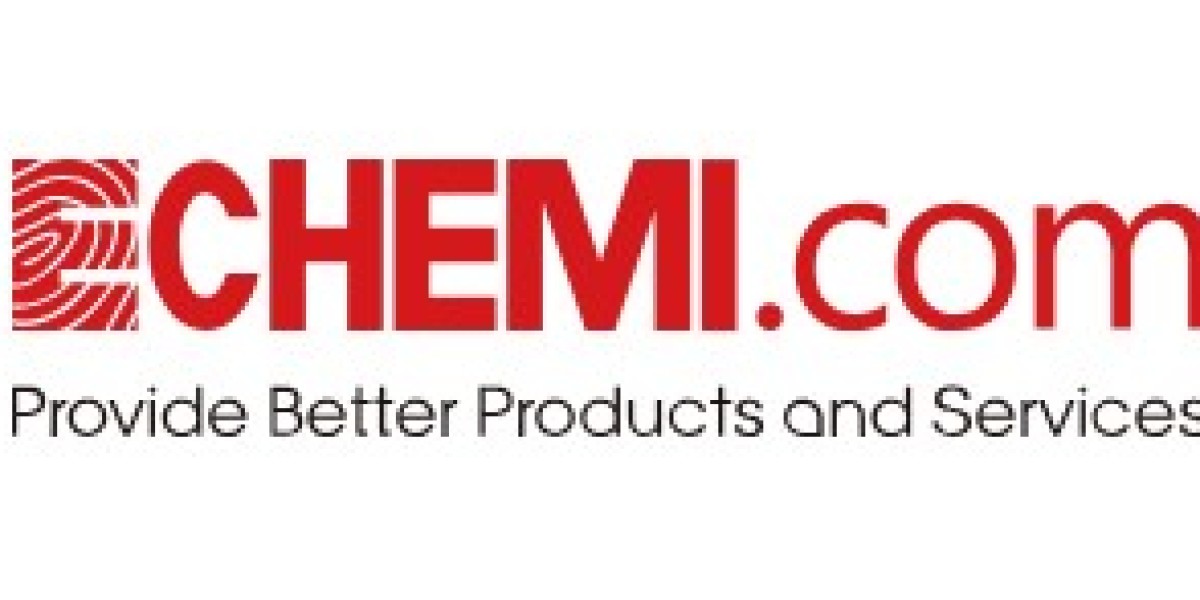Chemical manufacturers are increasingly embracing social responsibility initiatives to minimize their environmental impact, promote ethical practices, and contribute positively to society. By integrating sustainability and social responsibility into their operations, these manufacturers aim to create a more sustainable and ethical business model that benefits both the environment and the communities in which they operate.
Environmental Sustainability: chemical manufacturer are implementing initiatives to reduce their carbon footprint, minimize waste generation, and conserve natural resources. This includes adopting eco-friendly production processes, investing in renewable energy sources, and implementing recycling programs to promote environmental sustainability and mitigate the impact of their operations on the planet.
Ethical Sourcing: Manufacturers are focusing on responsible sourcing practices to ensure that raw materials used in their production processes are ethically and sustainably sourced. By working with suppliers who adhere to fair labor practices and environmental standards, chemical manufacturers are promoting ethical sourcing throughout their supply chain.
Product Safety and Compliance: Ensuring the safety and compliance of their products is a key aspect of social responsibility for chemical manufacturers. By adhering to strict quality control measures, conducting thorough product testing, and complying with industry regulations and standards, manufacturers prioritize the safety of their products and the well-being of consumers and the environment.
Community Engagement: Chemical manufacturers are actively engaging with local communities to understand their needs and concerns, and to contribute positively to community development initiatives. This may include supporting local education programs, providing job opportunities, and participating in community outreach projects to foster positive relationships and make a meaningful impact on society.
Employee Well-being: Manufacturers are placing a greater emphasis on the well-being and safety of their employees by implementing workplace health and safety programs, offering training and development opportunities, and promoting a culture of inclusivity and diversity. By prioritizing the welfare of their workforce, manufacturers create a positive work environment that enhances employee satisfaction and productivity.
Transparency and Reporting: Chemical manufacturers are increasingly transparent about their social responsibility efforts and performance, providing stakeholders with clear and comprehensive information on their sustainability initiatives and progress. By regularly reporting on their social and environmental performance, manufacturers demonstrate accountability and build trust with their stakeholders.
In conclusion, chemical manufacturers are embracing social responsibility initiatives to promote environmental sustainability, ethical sourcing, product safety, community engagement, employee well-being, transparency, and accountability. By integrating these initiatives into their operations, manufacturers are not only reducing their environmental impact and promoting ethical practices but also contributing to the well-being of society and creating a more sustainable future for all stakeholders involved.









